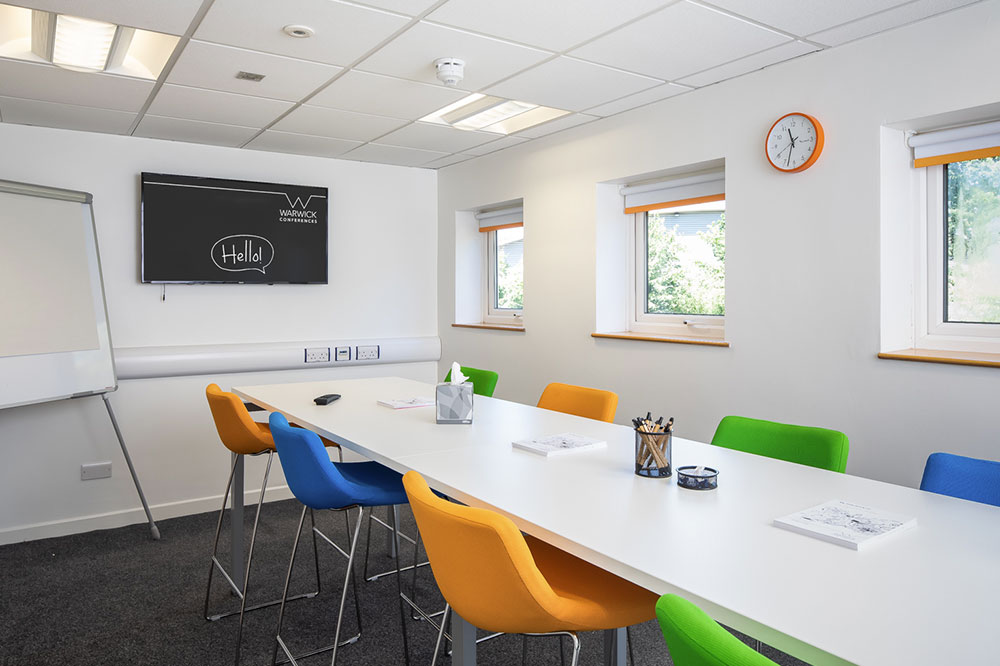Warwick Mentoring Scheme
 Who can apply?
Who can apply?
Any colleague can be a mentor or receive mentoring.
Mentoring scheme principles:
Read the mentoring scheme principles, which underpin the scheme.
Mentoring scheme code of ethics:
The University recognises its responsibility in ensuring that all mentoring provided and received by staff is ethical and as such the University recognises the European Mentoring and Coaching Council’s Global Code of Ethics. You can read the mentoring scheme code of ethics here.
The purpose of the Mentoring Scheme is to provide University Staff with the opportunity to receive focused developmental support outside of their normal line management relationship, in which another member of staff with a relevant background uses their knowledge, expertise and experience to help enhance their performance and/or development.
Colleagues may seek mentoring to help with any aspect of their development; however, the Mentoring Scheme is particularly intended to provide support for:
- Talent management.
- Management and leadership development.
- Diversity and inclusion.
- Career development.
- New to the University/HE sector.
- New to the role.
- Secondments.
- Specialist/subject matter support.
- Mentoring enables individuals to receive developmental support from a colleague with relevant professional background, skills and knowledge.
- Development of cross-departmental working.
- Creation of relationships outside of own department.
- Broadening knowledge of other departments within the University.
Mentoring is appropriate in many circumstances. It is typically used to support:
- Talent development.
- Management and leadership development.
- Career development.
- Equality, Diversity and Inclusion initiatives.
- Colleagues who are new to their role/the University/the HE sector.
- Development in a skill set, for example project management.
Mentoring can be identified as a development need during PDR , or at any stage during your working life.
Mentoring is valuable at many points in a person’s career. It can help you to:
- Learn by reflecting on your experiences.
- Develop your confidence.
- Develop your skills and knowledge.
- Plan and develop your career.
- The first stage is for mentor and mentee to meet for an initial ‘chemistry conversation’. This enables them to get to know each other and decide if they’d like to work with each other.
- If you wish to go ahead, your mentor will set up a ‘mentoring agreement conversation’ in which you discuss how the mentoring will work, how frequently you will meet and what you want to gain from the mentoring.
- You and your mentor will then begin having your mentoring meetings.
- Regular progress reviews with your mentor are part of the process.
- The mentee’s line manager reviews learning and progress as part of normal ongoing conversations and during the PDR.
- Mentoring is a longer term relationship, under this scheme up to a year.
- The frequency and length of mentoring meetings is to be determined by both parties but typically is a 60-minute conversation every 6-8 weeks.




